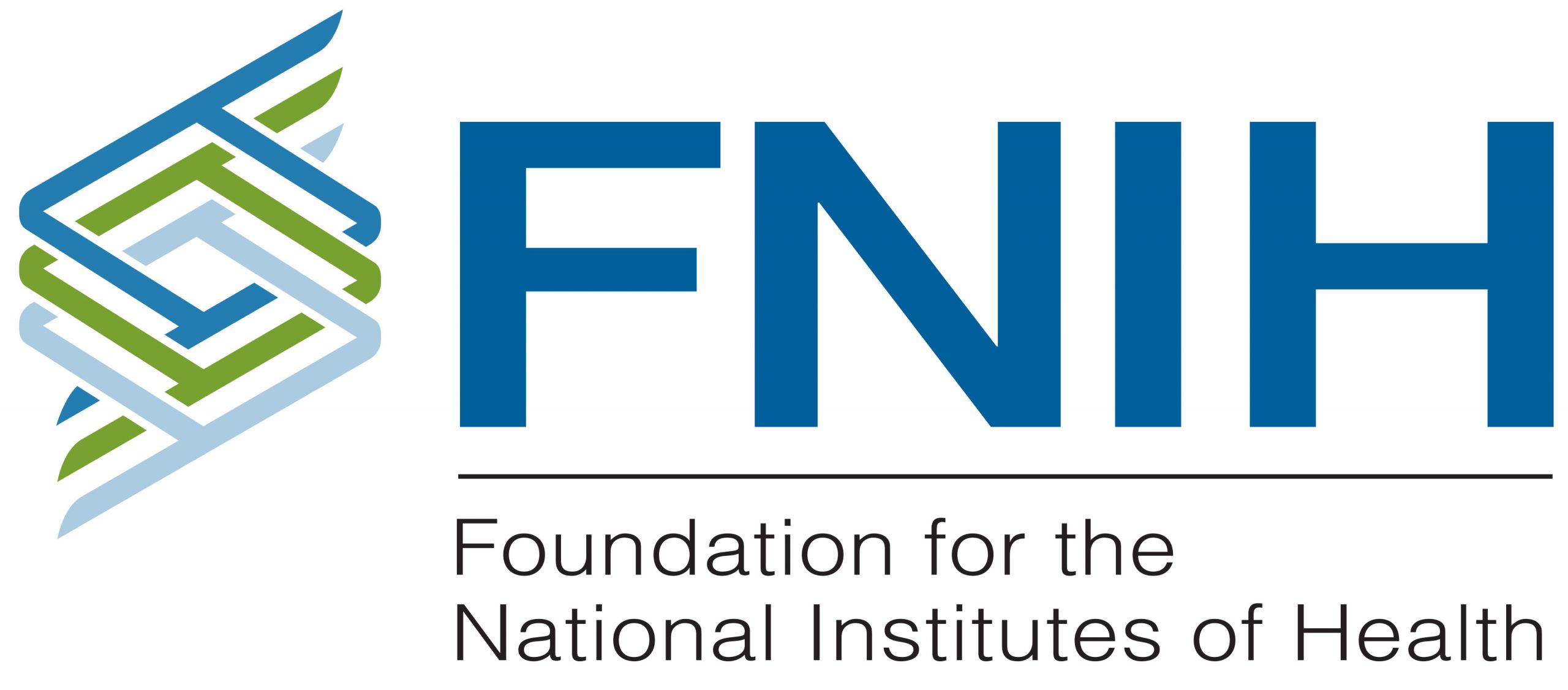How I Got There: Scientific Project Manager | Michael Biarnes (MS ’14, MSB ’21)

Posted in Student & Alumni Stories
Michael Biarnes completed a Masters of Science in Biotechnology at Georgetown and is now an MBA Candidate in the McDonough School of Business. During this interview, he was a Scientific Project Manager at the Foundation for the National Institutes of Health (FNIH). Learn how Georgetown shaped his path, what led him to his current position, and more insights regarding his company and the broader tech/health industry:
How did you find your current position?
My current role at the FNIH was passed on to me via LinkedIn.
What does a typical day look like for you?
As a scientific project manager at the FNIH, my role is to develop and manage private public partnerships in the field of neuroscience.
This role requires clear and constant communication with our partners to drive projects to completion within time and budget. I work to foster collaboration within our project teams and steering committees, comprised of senior-level representatives of pharma, biotech, NIH, and academia, to drive scientific progress. This involves leading all facets of the project lifecycle including definition of project goals and deliverables, negotiation of required agreements, formulation of project budget and cash flow, support in business development efforts, and execution of the final project plan.
In addition to traditional project management activities, due to my previous technical experiences in research and assay development, I am also responsible for reviewing and guiding the scientific progress of our projects in conjunction with our scientific experts, key opinion leaders, and project team members.
If I could go back, I would force myself to network more throughout my undergraduate and graduate degrees. While being qualified goes a long way in getting a job and succeeding long-term, having connections is extremely helpful in getting your foot in the door.
What surprised you the most when you started working full-time?
As I was used to working summer jobs, the biggest surprise/adjustment for me occurred in September during my first job post-graduation at The Georgetown Lombardi Cancer Center. It finally hit me that this was not just a summer job and that my career had officially begun.
What skills are most needed in your role?
The ability to communicate clearly, manage and build relationships, identify and troubleshoot problems, and prioritize time and resources are all crucial in my current role.
What are the best ways for students to learn more about your industry?
I would recommend subscribing to a few daily newsletters in the field that explain all of the latest pharma news (clinical trial results, M&A, portfolio investments, etc), exciting research discoveries, and pertinent laws/regulations being discussed.
If you could go back and change one thing, what would that be?
If I could go back, I would force myself to network more throughout my undergraduate and graduate degrees. While being qualified goes a long way in getting a job and succeeding long-term, having connections is extremely helpful in getting your foot in the door. The number of highly qualified and deserving individuals is astounding. Without having a good network, you unfortunately require a bit of luck to even get a chance to prove your worth.
Interested in hearing more stories? Check out the rest of our How I Got There series.
